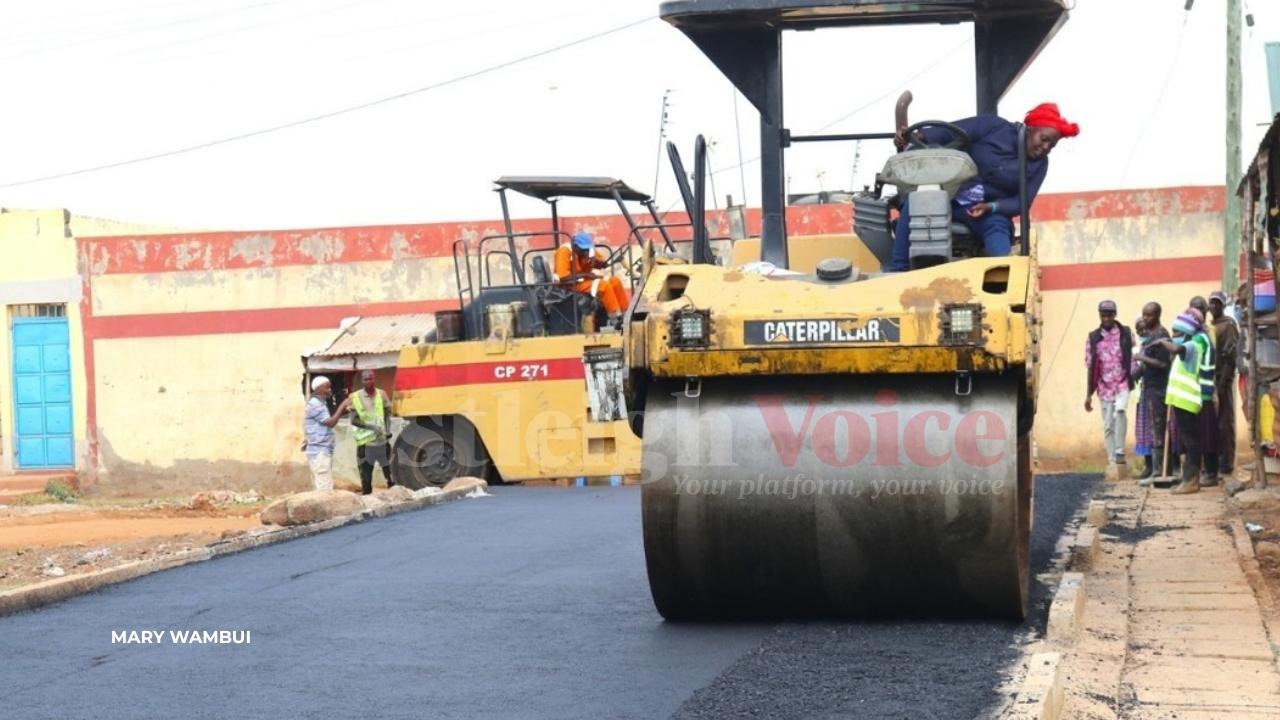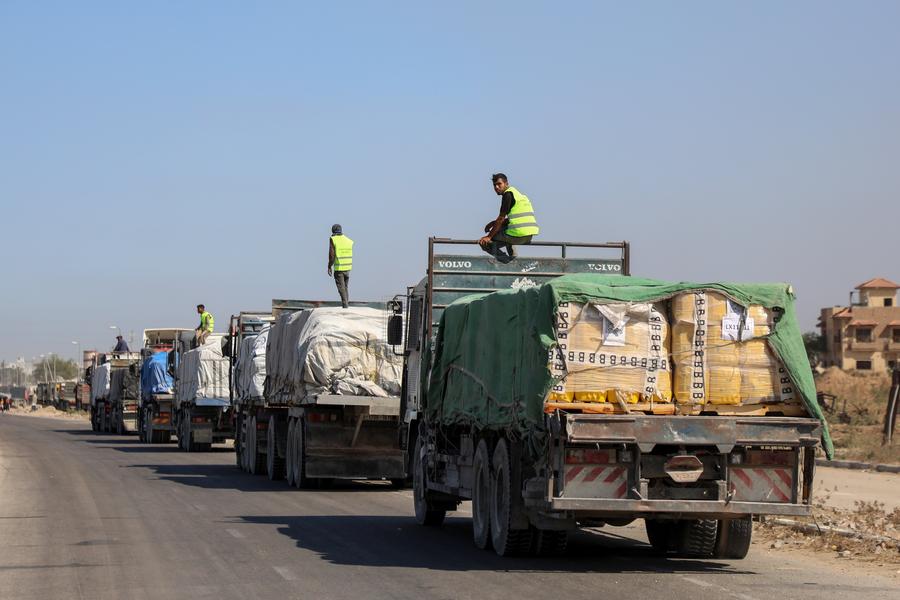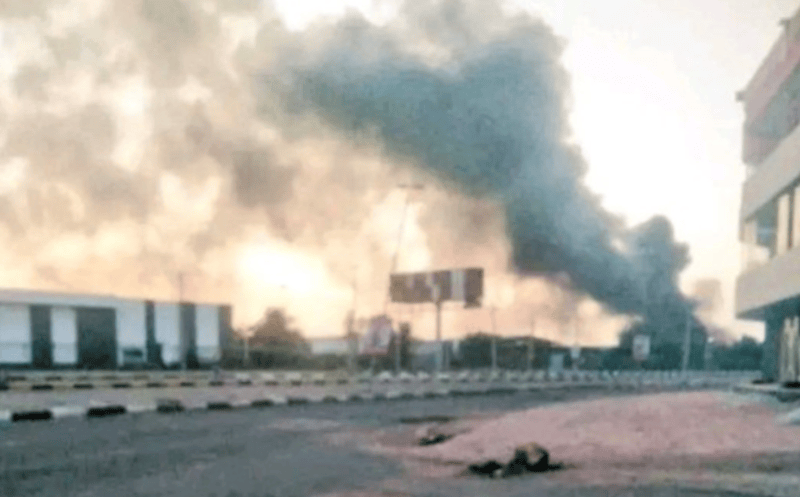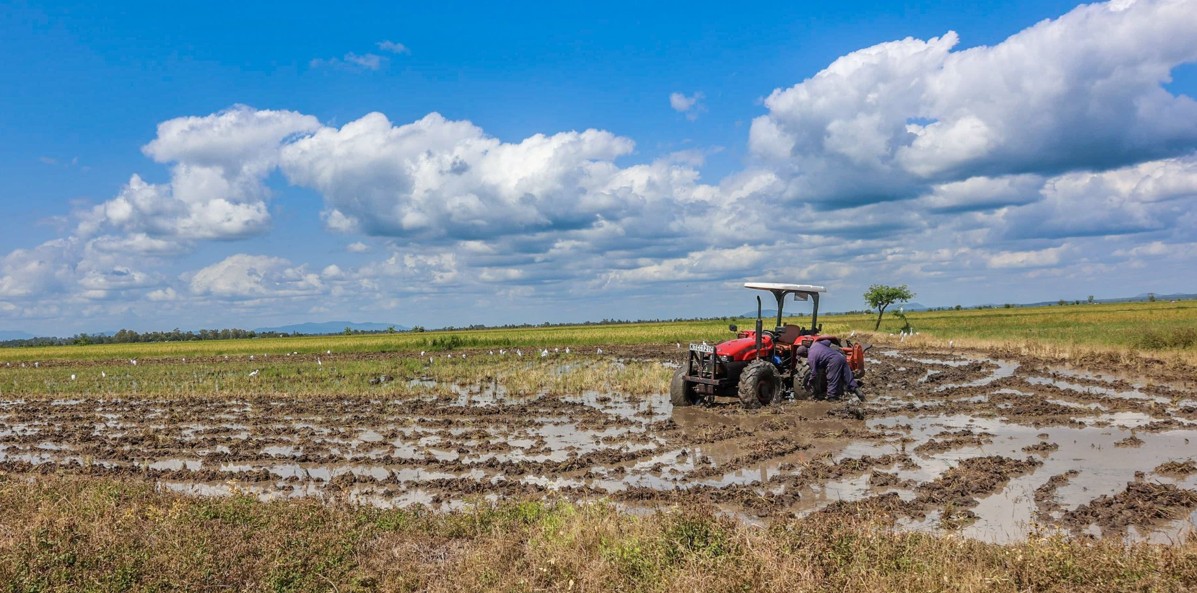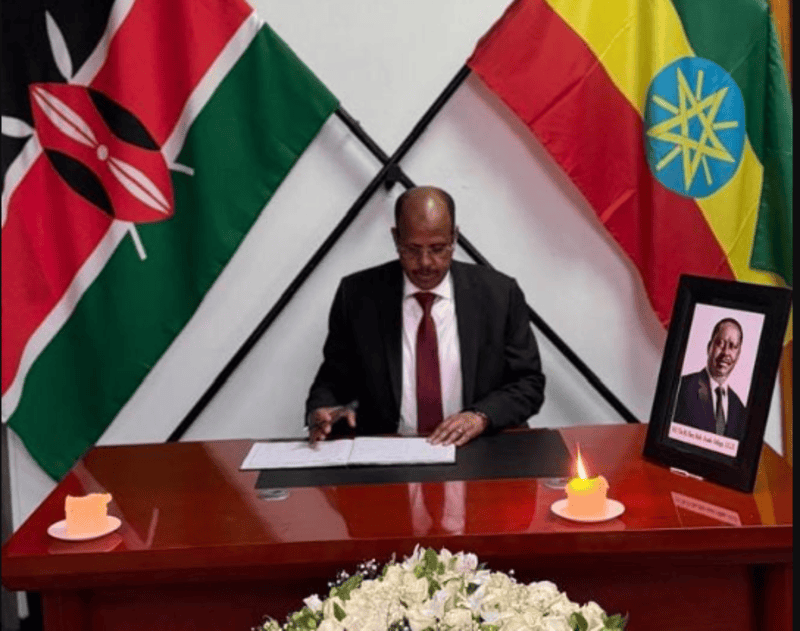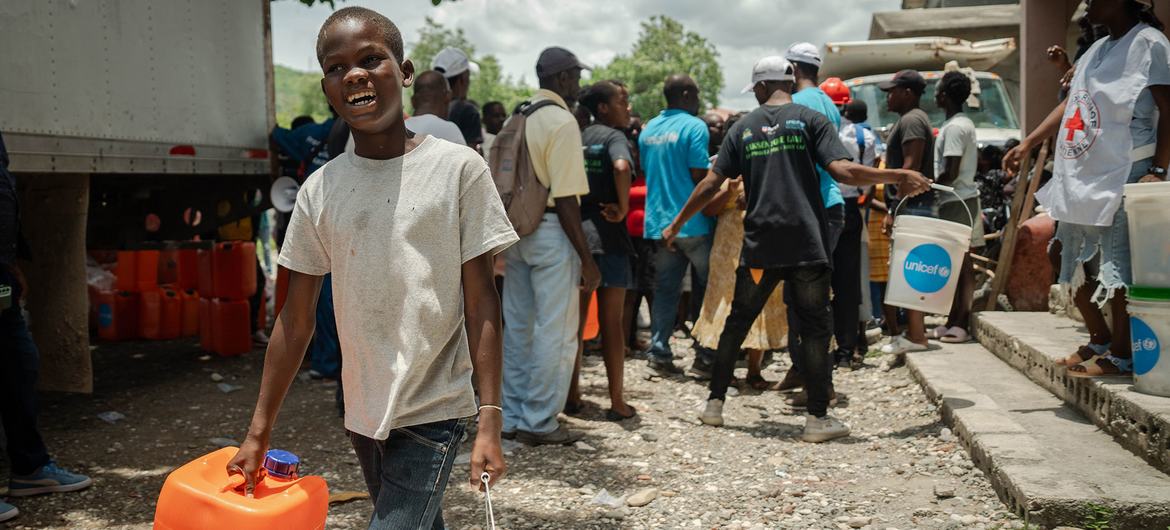Caught between terror and neglect: A tale of Lamu residents bearing the brunt of terrorism
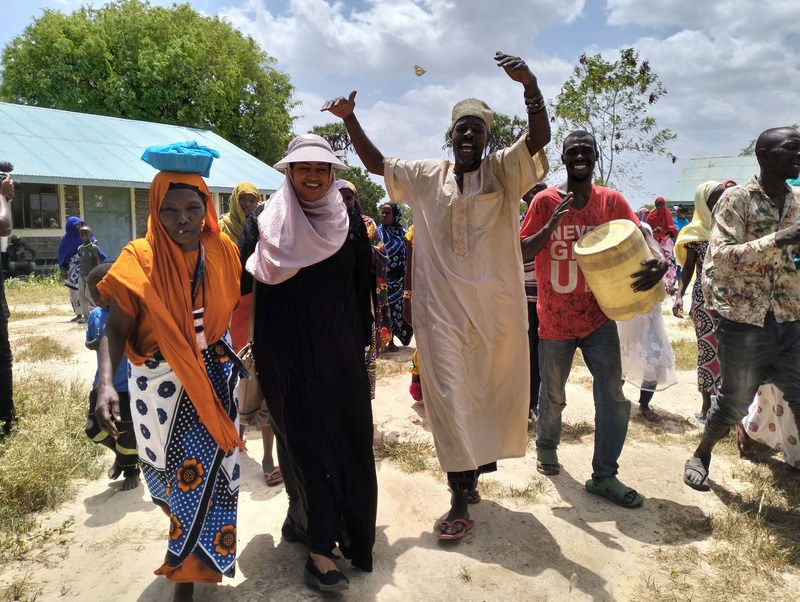
Villages within Boni Forest, which were once prone to frequent terrorist attacks, include Pandanguo, Bodhai, Milimani, Basuba, Mangai, Mararani, and Kiangwe.
Lamu residents living in areas previously plagued by terrorist incidents feel neglected. These people have continued to live without many of the government services that they are supposed to benefit from.
Most villagers, especially those in the dense Boni Forest, have no access to education, or if available, it is partial. They suffer from poor healthcare services, lack water and transport infrastructure—all due to the actions of Al-Shabaab militants, who previously launched attacks and killed several people in these areas for years.
More To Read
- Kiunga residents in Lamu raise concerns over weapon testing near homes
- Lamu becomes first county to introduce digital mental health training
- Djibouti to deploy more troops to Somalia to counter Al-Shabaab threat
- Somali intelligence kills Al-Shabaab leader Abdi Xiiray in major crackdown
- Lamu County turns to solar as widespread blackouts disrupt daily life
- Lamu County, Jubaland vow to strengthen cross-border ties in trade, health and security
In September 2015, the national government was prompted to launch a multi-agency security operation called 'Linda Boni', aimed at flushing out Al-Shabaab militants believed to be hiding in the forest, which they used as a base to launch attacks on civilians and security agencies in Lamu.
Nine years later, the operation, now known as Operation Amani Boni (OAB), is still ongoing. It has successfully restored peace and stability by reducing the number of attacks and subsequent killings across the entire Lamu County.
Villages within Boni Forest, which were once prone to frequent terrorist attacks, include Pandanguo, Bodhai, Milimani, Basuba, Mangai, Mararani, and Kiangwe.
No government services
Residents, particularly from the Boni minority community, have borne the brunt of terrorism. They have consistently lacked crucial government services, including the issuance of national identity cards.
A spot check by The Eastleigh Voice in many of the Boni Forest villages revealed that acquiring birth certificates, let alone ID cards and passports, remains a major struggle for residents.
In these villages, the majority of children born and raised in the community do not have birth certificates.
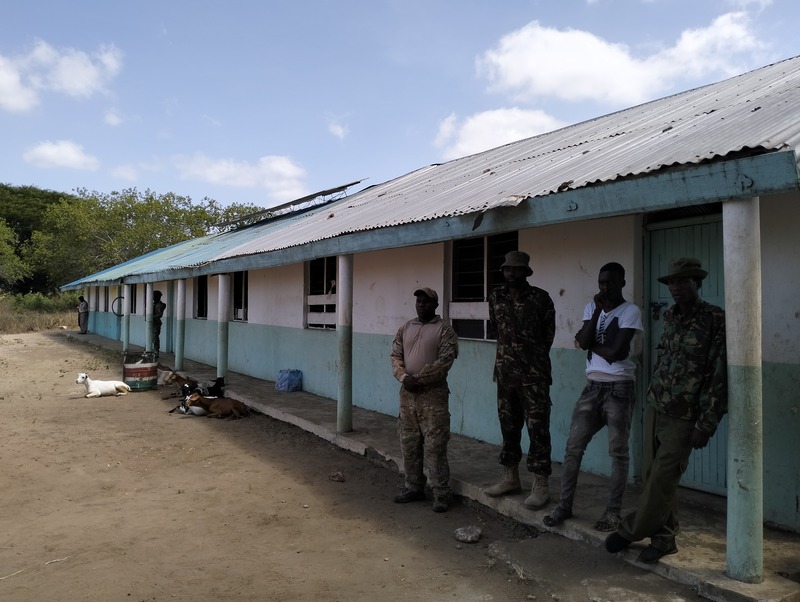 Some of the residents of Boni in Lamu East. (Farhiya Hussein)
Some of the residents of Boni in Lamu East. (Farhiya Hussein)
An area administrator, speaking on condition of anonymity as they were not authorised to speak to the press, explained that children in Boni are unable to obtain these documents because many are born at home rather than in health facilities.
“All our villages are located inside or near the infamous Boni Forest. This area is listed as terror-prone because it is easily targeted when Al-Shabaab militants launch attacks in the county. Our dispensaries and health facilities have long been closed after being vandalised and torched by suspected militants. Only Mangai and Kiangwe remain operational, but they lack adequate drugs and staff. We have no maternity wings in these poorly equipped dispensaries, so our children are born at home and we do not have birth notifications to enable us to obtain birth certificates,” the administrator explained.
“That’s why most of our children here lack documentation. Some have even reached adulthood but acquiring an ID is a major issue here.”
Habona Jilo, a resident, admitted to being turned away by the registrar's office when seeking birth certificates for her three children.
“I was asked to provide a notification, which I don’t have and don’t even know what it is. They told me they couldn’t proceed with the certificate without the notification,” said Habona.
She appealed to the government to make an exception for the residents, given their well-known situation.
In villages along the Lamu-Somalia border, such as Kiunga, Ishakani, Madina, Kiwayu, Mkokoni, and Witu along the Lamu-Tana River border, many youths face similar challenges in obtaining identity cards.
“We often find ourselves on the wrong side of the law when arrested for walking around without ID cards. It becomes difficult to explain our situation, especially since we live near Boni Forest, and are treated as terror suspects just because we can’t produce IDs when asked by security,” said Ahmed Islam of Ishakani village.
Lack of opportunities
Salim Farah added that they cannot get jobs as most employers demand ID cards and other documents they are unable to provide.
According to Salim, many have missed out on life-changing opportunities simply because they do not have IDs.
Citizens in most of the operational areas of Lamu have also been restricted in their movements, affecting them socially and economically.
For instance, the Boni residents, one of Kenya’s last forest communities, historically depended on the forest for their survival. They were hunters and gatherers, making their living by hunting wild animals and gathering wild fruits, roots, and honey, among other activities.
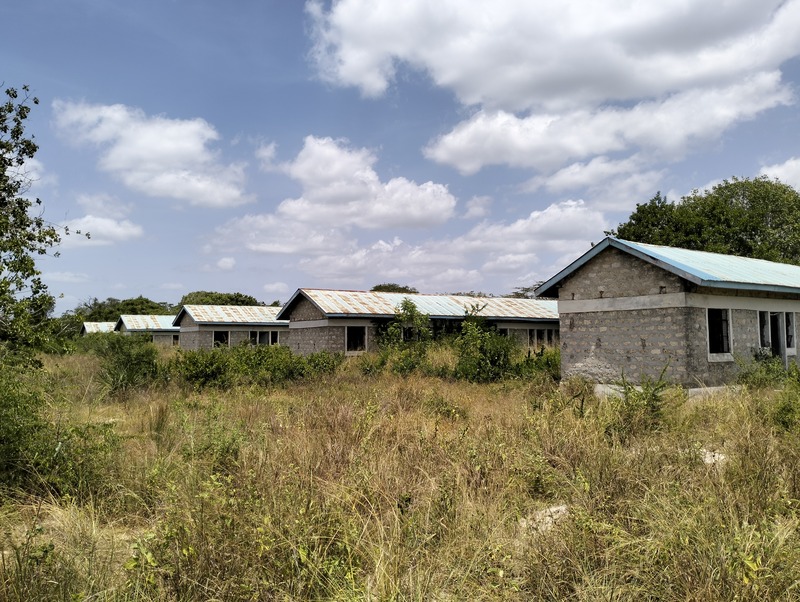 Abandoned classroom at Mararani Village in Boni Forest, Lamu East. (Farhiya Hussein)
Abandoned classroom at Mararani Village in Boni Forest, Lamu East. (Farhiya Hussein)
Since the launch of Linda Boni and now Operation Amani Boni, the Boni people have been banned from entering the forest until the operation is over.
As a result, the residents now struggle to make a living, having lived for decades as forest people, making it difficult for them to adapt to modern means of survival such as farming.
Despite attempting modern farming, the region has experienced unfavourable climatic conditions, including drought, and challenges from wild animals and pests that destroy their crops whenever they attempt to farm.
This has driven the residents into poverty, leaving them reliant on humanitarian aid from either the national government or well-wishers.
“We’ve been denied access to our ancestral forest, where we used to hunt, gather wild fruits, and harvest honey to sustain our families. If security agencies find you trespassing inside the forest, that’s the end of you,” said Abdallah Mahazi of Mararani village.
Locals also report that their freedom of movement has been restricted by terrorist incidents. Residents now have to cope with expensive water travel, avoiding road transport.
“We can’t use the Kiunga-Basuba-Hindi road for fear of being victimised by security agencies or attacked by Al-Shabaab. We now prefer boats to Lamu; though expensive, water transport is somewhat safer,” said Abdallah Wakati of Kiangwe.
The community also blames the government for focusing too much on security while neglecting other sectors.
Fatma Shizo, a Boni elder and traditional birth attendant, said the residents face a lack of functional healthcare and a consistent education system.
All five primary schools in Boni areas are operational, but only from ECDE to Class Six; students must be transported to Mokowe Arid Zone Primary or Kiunga Primary to continue their education.
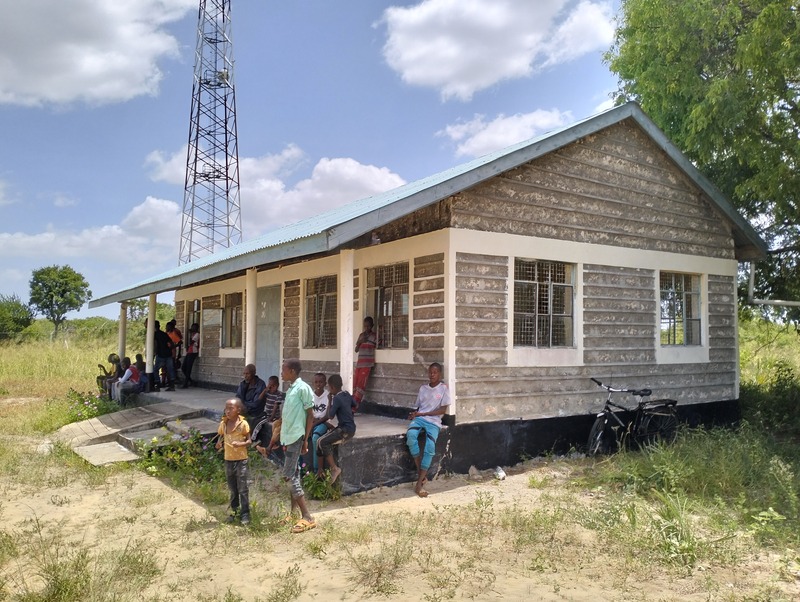 The Mangai Dispensary in Lamu East. (Farhiya Hussein)
The Mangai Dispensary in Lamu East. (Farhiya Hussein)
Fatma expressed dissatisfaction with the government, accusing it of neglecting the residents of Boni in terms of development and infrastructure.
“In the 21st century, mothers and babies from this area still have no hospital to go to. Our pregnant women are delivering at home. Are we a cursed generation simply because we live in operation zones? We deserve the same services from the government as all other citizens,” said Shizo.
Nuno Ali, an elder, made a special appeal to the new county government under Governor Issa Abdalla Timamy to address the lack of medical services in Boni Forest promptly.
“We survive by God’s mercy. If only the county and national governments would fulfil their mandates, we wouldn’t be living in such poverty,” said Nuno.
Khadija Gurba, a community activist in Mangai village, lamented the loss of pregnant mothers and children during childbirth due to the lack of health infrastructure.
“The new devolved government is mandated to provide these services. We can’t continue to rely on herbalists forever. Devolution was meant to improve lives, but for us, that hasn’t been the case,” said Gurba.
Lamu County Commissioner Wesley Koech, however, defended the government, stating that it had done much to restore peace and stability in Boni Forest and other volatile areas of Lamu.
Koech noted that most schools in Boni Forest had reopened, and pupils, especially in the lower classes, were receiving education like the rest.
Top Stories Today


